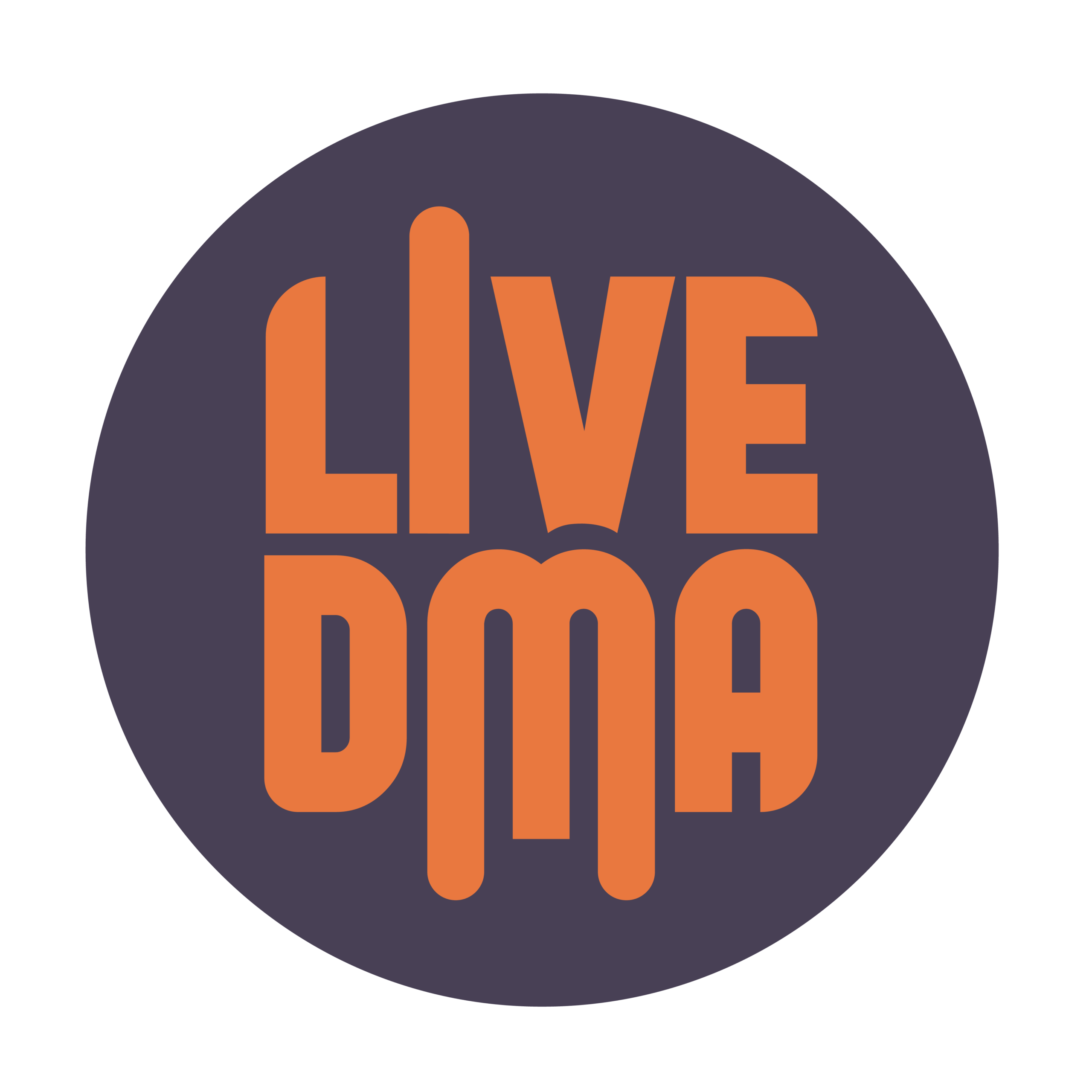Complaints about sound emission are an important factor of a venue closing. With urban densification and gentrification, more and more people move closer to live music places. Besides increasing rents, these phenomenons may also lead to conflicts between cultural live music places and their neighbours. These conflicts may lead to venues and clubs closing.
The lack of recognition and of a strong common voice of live music venues and clubs in a given area gives more weight to the voice of newcomers. With increased visibility of the live music ecosystem of a given neighbourhood or city, neighbour complaints would not have the same impact to the ears of local authorities.
To prevent conflicts with neighbours, local authorities and real-estate promoters at an early stage, Club Kombinat, the live music clubs network of Hamburg created the project Club Kataster.
Giving visibility and comprehension of the live music ecosystem of a given area

Club Kataster is a project run by Club Kombinat, live music venues and clubs association in Hamburg. It consists in a map of the existing clubs in Hamburg, that the authorities and citizens can consult in the “Hamburg Urban Data Hub”, the official Data Map of the city of Hamburg. This project aims at involving cultural actors in the decision-making processes of a city, whether concerning public health, sustainable development or urbanisation.
This type of map helps local authorities and citizens have a better view of the live music landscape of a given area and help them understand better its live music ecosystem. This type of map can be used to inform at an early stage constructing promoters and neighbours where live music places are in the city in order to prevent future complaints. Technical and Human resources are needed to establish such a project (collect the data, work on the database and digitalize it).
A similar Club Kataster map exists for the city of Berlin, which also presents the evolution of live music scenes in the city, from 1910 to the current times.
More information:
Hamburg Club Kataster website
Hamburg Club Kataster contact: debor@clubkombinat.de
Berlin Club Kataster website
To go further…
The Club Kataster project is one of many initiatives you can take inspiration from when acting to prevent conflicts related to sound emissions. Here are some other useful tools that can help you build healthy relationships with neighbours and local authorities:
Advocating the importance of having music in cities: Music Cities Manual by Sound Diplomacy
Sound Diplomacy edited the Music Cities Manual. This manual gives guidelines and concrete examples of what can be done to improve the musical ecosystem of a city or neighbourhood. It gives 13 key indicators to demonstrate the value of music for city governance as well as economic, social and cultural growth. The Music Cities Manual gives good advice on how to create a musical map of your city, how to form a coalition of live music venues and clubs and other ideas on how to show that live music places add value to a given city or neighbourhood.
Read more about the Music Cities Manual here.
Inscribing the protection of live music venues in regulations: the Agent of Change principle
Implemented in the UK by Music Venue Trust, Agent of Change says that the person or business responsible for the change is responsible for managing the impact of the change. This means that an apartment block to be built near an established live music venue or club would have to pay for soundproofing, while a live music venue or club opening in a residential area would be responsible for the costs.
The Agent of Change is a helpful ressource regarding the protection of live music scenes in the context of urban densification. Learn more about it on our webinar hosted by Mark Davyd, CEO of Music Venue Trust.
Inviting neighbours and local authorities to discover their local live music scenes: the Open Club Day
The Open Club Day is an event coordinated by Live DMA that takes place all over Europe every first Saturday of February. Live music venues and clubs are encouraged to open their doors to the public during the day and invite audiences to discover what happens backstage.
Although many activities can be proposed during this event (guided tours, disco for kids, open soundchecks, discovery of the different jobs of a live music venue…), the Open Club Day can also be a useful tool to improve the relationship between a venue and its neighbours or the local authorities. By inviting directly the neighbours of a venue and/or local authorities to the Open Club Day can help you demystify the negative view of a venue or club these people may have as well as start a dialogue between a venue, its neighbours and the local authorities.
The Third European edition of the Open Club Day will happen on Saturday the 1st of February.
More info:
The Open Club Day website.
Presentation of the Second European edition of the Open Club Day can be consulted here.
